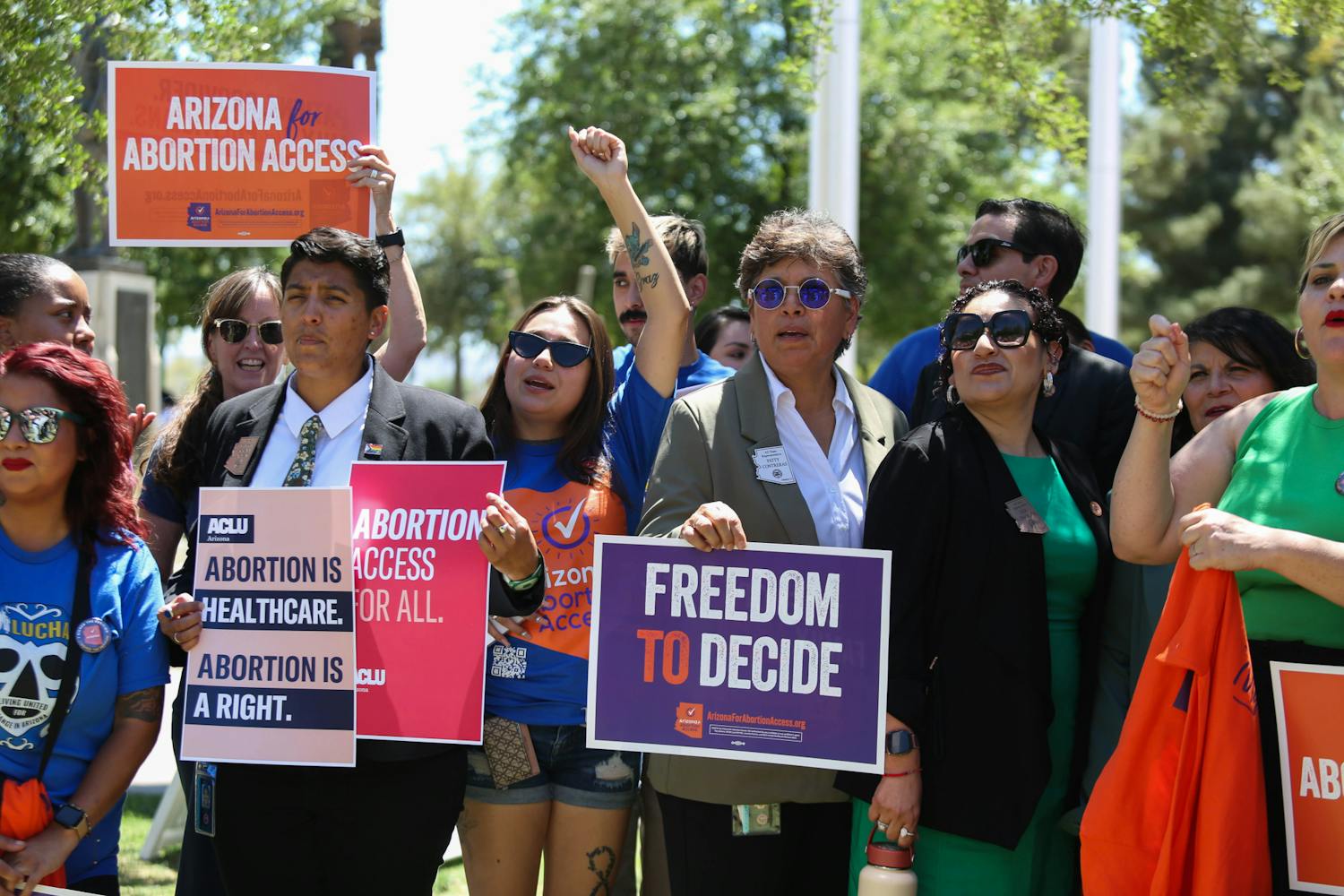If you’ve ever worn a pink ribbon supporting breast cancer awareness or research, Susan G. Komen is a familiar name.
The Susan G. Komen for the Cure foundation, sponsor of events such as the Race for the Cure, recently came under scrutiny.
On Feb. 1, Komen foundation spokeswoman Leslie Aun announced the organization’s plan to pull its funding from Planned Parenthood affiliates throughout the country.
Backlash ensued and the foundation quickly released a statement reversing its decision.
Komen contributes more than half a million dollars annually to Planned Parenthood to finance breast-cancer screenings and mammograms for low-income women or those without health insurance.
Planned Parenthood responded to the initial announcement with an understandable amount of dismay and cited political pressures from anti-abortion groups as the Komen foundation’s reasoning behind the decision.
Komen claimed the rationale for its decision stems from a new internal policy ending grants to entities under federal, state or local investigation. Planned Parenthood has been under congressional investigation because of allegations that public funds had financed abortions.
Many Planned Parenthood supporters who were also staunch allies of the Komen foundation were outraged by the decision. Komen eventually announced it would be amending the new policy to exclude organizations under criminal investigation, while maintaining ties with organizations under political investigations.
According to the Komen foundation’s spokesperson, none of the actions or changes in policy were for political reasons.
While this is a relief, considering that Komen is a nonpartisan organization, it seems somewhat disingenuous to claim that targeting Planned Parenthood, an organization already surrounded by controversy, was not a politically motivated move.
Penn State, currently the subject of a federal criminal investigation in the wake of the Jerry Sandusky scandal, received a $7.5 million Komen foundation grant in 2008 for cancer research. According to Komen’s new policy, Penn State should be considered ineligible for renewing grants.
However, no announcement came revoking Komen’s support of Penn State’s efforts to combat cancer.
The Komen foundation has received criticism since it began partnering with Planned Parenthood in 2005, mainly from anti-abortion activists. But it wasn’t until after former Georgia gubernatorial candidate Karen Handel, who has long opposed the mission of Planned Parenthood, was hired as the Komen foundation’s senior vice president of public policy that the new grant eligibility policy was put in place. Handel has since resigned.
The Komen foundation is a private charity, and as such, is entitled to set its own funding criteria.
The problem with the foundation’s actions arose when they tried to argue that political pressure had no bearing whatsoever on the final result. Perhaps there are other non-political factors, but from this angle, it seems to be nothing more than a political ploy.
This is disappointing and disheartening.
We have come to expect more of an organization that has such a positive impact on the lives of thousands of women and their families.
Revoking funding that could provide help to at-risk women in the name being “pro-life” is a disservice to everyone who has been affected, in any way, by breast cancer.
Cancer isn’t political. The cure for cancer shouldn’t be, either.
Reach the columnist at skthoma4@asu.edu
Click here to subscribe to the daily State Press newsletter.



